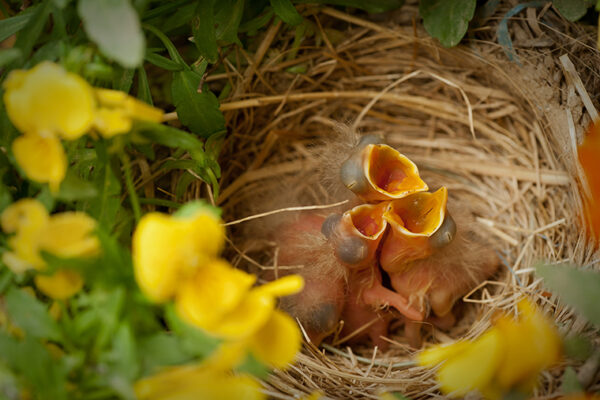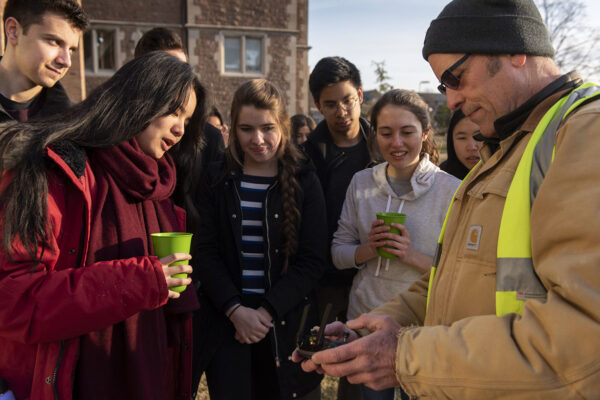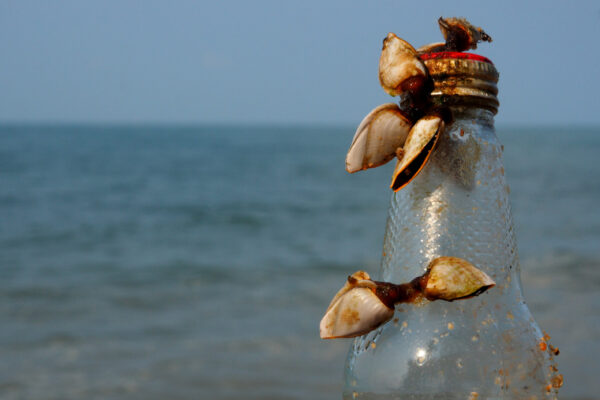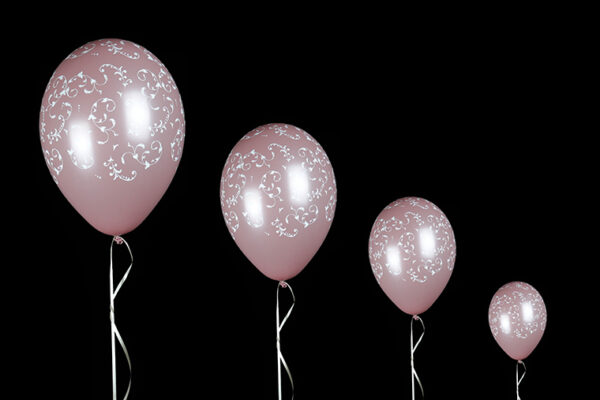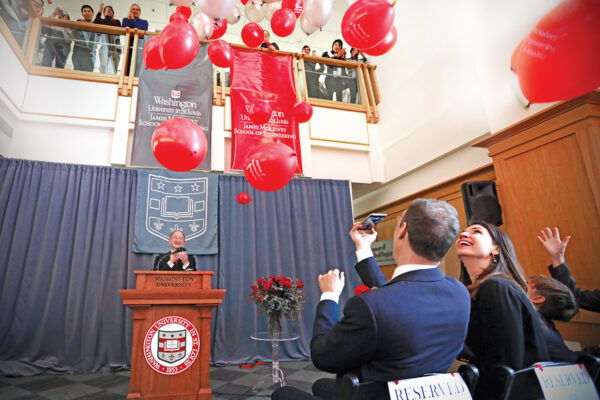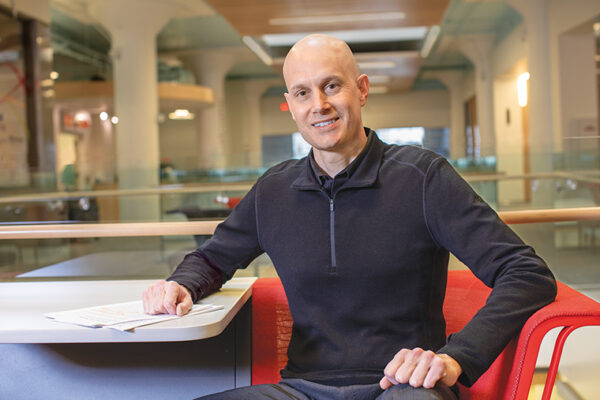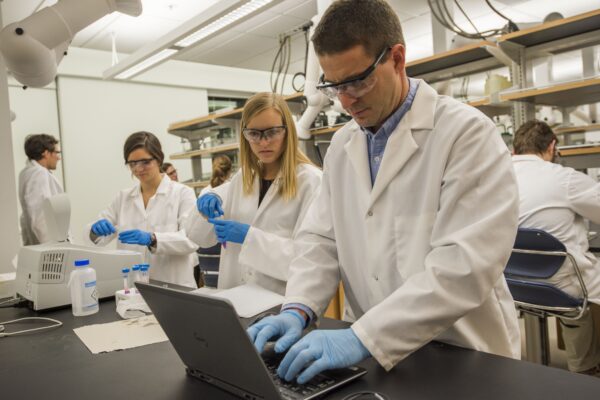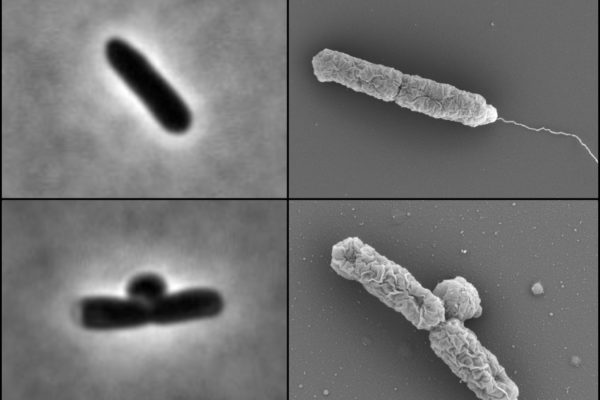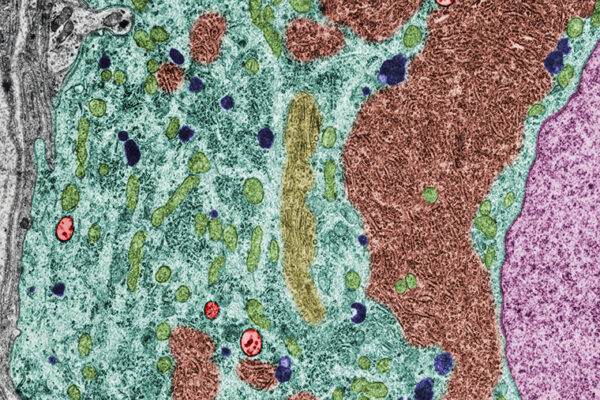The kids are alright
A new study reveals the surprising way that family quarrels in seeds drive rapid evolution. Conflict over resources seems to play a special role in the development of certain seed tissues, according to Washington University in St. Louis research led by David Queller and Joan Strassmann in Arts & Sciences.
Students study bringing renewable energy home
The Office of Sustainability launched RESET, an innovative new program that provides students real-world experience in renewable energy, one of the fastest-growing sectors in the U.S. economy. Students from a range of disciplines have studied the engineering, policy and business aspects of installing solar power on the South 40.
The sticky science of underwater adhesives
Researchers at the McKelvey School of Engineering have received funding to engineer microbes that create an underwater adhesive based on, but stickier than, the natural adhesive made by mussels.
The global helium shortage hits home
Helium is a valuable, non-renewable resource that is critical for many medical and research applications. But helium supply and pricing are unreliable. Sophia Hayes, a professor of chemistry in Arts & Sciences, spoke at a recent American Chemical Society webinar about the need for congressional action to address these challenges.
A new era of engineering
The School of Engineering & Applied Science is renamed the McKelvey School of Engineering in honor of trustee and distinguished alumnus Jim McKelvey Jr.
Of research and results
James McCarter, MD/PhD ’98, whose entrepreneurial spirit was nurtured while a grad student, has built his career on translational research.
Creating sustainable bioplastics from electricity-eating microbes
Researchers in Arts & Sciences at Washington University in St. Louis have figured out how to feed electricity to microbes to grow truly green, biodegradable plastic, as reported in the Journal of Industrial Microbiology and Biotechnology.
McKelvey School of Engineering debuts undergraduate environmental engineering degree
Beginning in the fall of 2019, Washington University in St. Louis will welcome its first cohort of students who will graduate with a bachelor’s degree in environmental engineering. Unlike traditional environmental engineering programs with strong ties to civil engineering, this new degree will have a chemical engineering flavor.
Specialist enzymes make E. coli antibiotic resistant at low pH
New research from Arts & Sciences suggests that many “redundant” enzymes are actually specialists that ensure maximal growth across different environments. They also seem to increase resistance to antibiotics in conditions like those in the GI tract or urinary tract — raising concerns that current antibiotic susceptibility tests are inadequate.
Tidying up: A new way to direct trash to autophagy
Marie Kondo herself couldn’t do it any better. Now researchers at Washington University in St. Louis have uncovered a previously unknown structural feature of living cells that is critical to tidying up.
Older Stories
